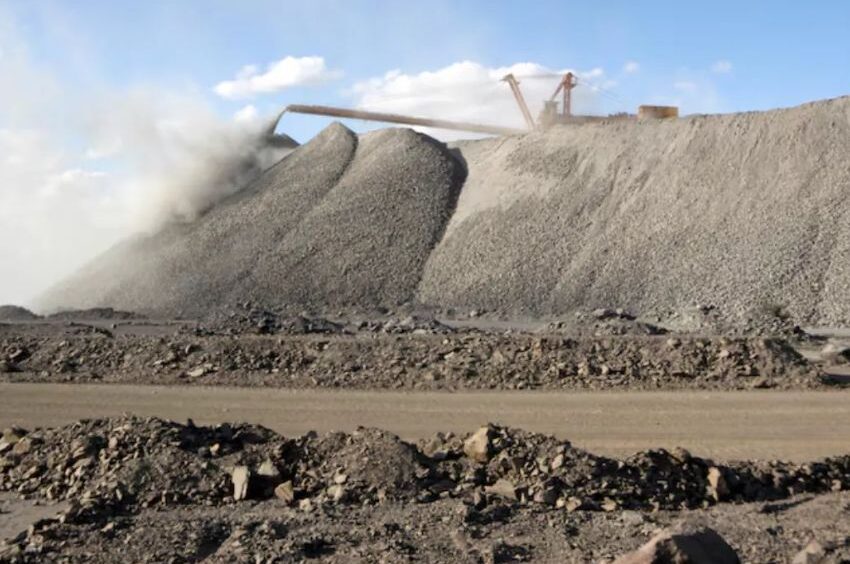India Needs To Quickly Pivot Away From China For Sourcing Of Rare Earths

Owing to the curbs, the process for importing rare earth magnets from China has become elongated, involving multiple steps, such as obtaining notarisation, attestation, apostille and verification by the Chinese embassy in India
Byline: Hemal N Thakkar, Senior Practice Leader & Director, Crisil Intelligence
India has been far too dependent on China for rare earth elements, including magnets. This outsized reliance has upended the supply chain of domestic manufacturers of automobiles, including electric vehicles (EVs), electronics, defence equipment and renewable products, following the Chinese government’s new curbs on the export of the elements.
Owing to the curbs, the process for importing rare earth magnets from China has become elongated, involving multiple steps, such as obtaining notarisation, attestation, apostille and verification by the Chinese embassy in India vs 2-4 weeks, which was the case.
To be sure, rare earth elements are not as rare as the name suggests. But the issue is finding large quantities of the deposits in one location for value economics to kick in.
India, too, has ample reserves of rare earth elements, at 6.9 million tonne, which is the fifth-largest in the world, as per US Geological Survey (USGS). But the country produced only 2,900 tonne of rare earth minerals, or less than 1% of global output, with the volume of magnets a fraction of this.
Automobile Manufacturing Drives Through Rare Earth Magnets
Rare earth magnets are critical for key automotive parts, such as:
Actuators and motors to control the force of braking, particularly in electric vehicles. These are also used in motors that assist with steering, power windows and windshield wipers
Anti-lock braking systems, and airbag and seat belt sensors
Electric motors, battery management systems, charging infrastructure and regenerative braking systems in electric vehicles (EVs)
Torque converters, clutches, fuel pumps, audio systems, headliner fasteners and door positioning systems
China’s Export Curbs A Near-term Bump
While the disruption in rare earth magnet supply may lead to production challenges in the Indian automotive industry, particularly in the case of EVs, China’s selective approval of export licences may have only temporary gains.
On the contrary, this is likely to trigger a global realignment of the supply chain, with countries diversifying their sources to avoid dependence on a single supplier.
India Looking To Realign Procurement
The Indian government is already exploring alternative supply chains, including partnerships with countries that have a sizeable reserve of rare earths, such as:
Leaning on deep partnerships with Australia, Argentina and Russia to bridge the supply gap, as these countries have 10%+ of global rare earth reserves
Procuring rare earth magnets from the US, Myanmar, Nigeria and Thailand, and processing those in Malaysia or Vietnam
Directly procuring processed magnets from Malaysia and Vietnam, if available
Government is also pushing domestic mining and production
The issue, though, remains with regard to processing the magnets, for which India will still be dependent on Malaysia, Vietnam and China.
The Indian government is looking at offering fiscal incentives, such as subsidies and tax breaks, to boost domestic production of rare earth magnets, as well as limit/reduce the export of rare earth magnets from India to improve domestic availability. But those are long-term solutions.
Immediate-term Concerns Persist
In the near term, the implications of China’s rare earth mineral curbs and the pressure on Indian automakers can have significant consequences. One way to circumvent the current gridlock is to import assemblies from China with magnets integrated into those, which is yet allowed.
But this quick-fix still does not address the broader issue of unhindered sourcing of the element. In fact, any delay in restoring supply chains may impact automobile production in a few weeks from now in case auto component suppliers do not receive approvals and are not in a position to import assembled electric motors on time.
The views expressed in this article are those of the author and do not necessarily reflect the views of the publication.





































































































































































































































































































































































































































































































































































































































































































































































































































































































































































































































































































































































































